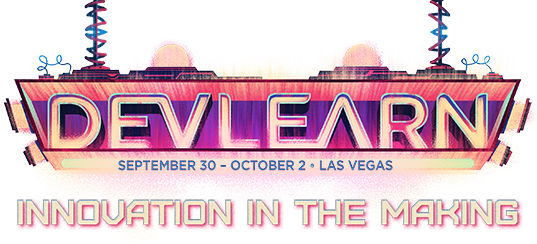708 Analytics: What You Want to Know
8:30 AM - 9:30 AM Friday, October 2
Data and Measurement
112
Every year, we spend millions of dollars on training and development. One of the ways we can determine the value achieved is by using analytics to assess who is using the content, where, when, and how. But with all this data available, which data points matter? Deciphering the ways to analyze a program’s effectiveness can be confusing. And just because we have a lot of data, does that really make any of it valuable?
In this session, we’ll compare Experience API (xAPI) and Google Analytics to learn about your users. Using real-world examples, we’ll look at what data is available and how to find it. We’ll also discuss why some data is more valuable than others and why big data isn’t always good data. Lastly, we’ll look at how all the data points come together to really bring into view a clear image of who your users are and why it’s okay if they enjoy a frozen treat while enjoying their class.
In this session, you will learn:
- To be more familiar with Google Analytics and xAPI reporting
- The analytic process
- Which data points will help you understand your users best
- To evaluate what you really need to learn about your users
Audience:
Novice and intermediate designers, developers, project managers,
and managers.
Technology
discussed in this session:
Google Analytics, xAPI, JavaScript

Anthony Altieri
IDIoT in Chief/xAPI Evangelist
Omnes Solutions
Anthony Altieri is the IDIoT in Chief (instructional developer for the Internet of Things) and founder of Omnes Solutions, as well as an xAPI evangelist, authoring a course on xAPI Foundations for LinkedIn Learning. Anthony has worked on multiple projects implementing global LMS systems. He is a maker, focusing on user analytics and bringing the virtual learning world and the real world together through the use of Bluetooth beacons and other IoT devices using xAPI. Anthony has lectured to audiences on topics ranging from the spread of HIV to network security, content development, why it’s important to learn to code, and, of course, xAPI.













































